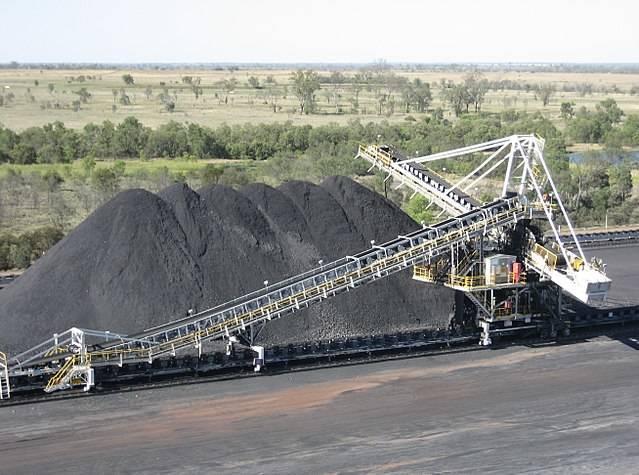
This week, the U.S. Securities and Exchange Commission (SEC) accused the international mining company Rio Tinto and two former executives of fraud in a federal court in New York City. The SEC alleges Rio Tinto’s former chief executive officer and chief financial officer inflated the value of coal mines in Mozambique. The company acquired the assets in 2011 for $3.7 billion and in a textbook example of coal's rapid decline, Rio Tinto sold those coal holdings a few years later for $50 million.
According to the SEC, then-CEO Thomas Albanese and the company’s former CFO, Guy Elliott, failed to follow generally accepted accounting standards in valuing the Mozambique coal assets. As the project in the southeast African nation began to suffer one setback after another, the SEC claims Albanese and Elliott attempted to hide and delay disclosures related to the mines from key personnel of the company.
“As alleged in our complaint, Rio Tinto’s top executives allegedly breached their disclosure obligations and corporate duties by hiding from their board, auditor, and investors the crucial fact that a multi-billion dollar transaction was a failure,” said Stephanie Avakian, aco-director of the SEC’s enforcement division in a public statement.
The punitive measures the SEC is seeking include the return of allegedly ill-gotten funds plus interest and civil penalties from all the defendants The SEC also says it aims to bar Albanese and Elliott from ever serving again as public company officers or directors.
In a press release, Rio Tinto vigorously denied the SEC’s allegations. “Rio Tinto believes that the SEC case is unwarranted and that, when all the facts are considered by the court, or if necessary by a jury, the SEC’s claims will be rejected,” the company declared on Tuesday.
U.S. regulators are not alone in their investigation of Rio Tinto.
Across the pond, the United Kingdom’s financial watchdog, the Financial Conduct Authority (FCA), fined the company $36 million for breaking the country’s financial disclosure rules over the same Mozambique transaction.
FCA regulators charged that the company should have conducted an impairment test when financial reporting deadlines loomed back in 2012. But company executives decided generally accepted accounting rules lacked “clarity.” As the company discovered transporting coal to Mozambique’s coast would be costlier than previously believed, Rio Tinto ran some financial modeling that found the value of its coal assets plumetted to the point that they had a negative value. Nevertheless, the company decided to continue to value the coal mines at its acquisition price.
“Rio Tinto’s financial reporting was therefore inaccurate and misleading,” concluded the FCA.
The company, however, stated that the FCA’s regulators found no evidence of fraud after levying the fine and closing the case.
Rio Tinto’s entanglement with financial regulators is a setback in the company’s efforts over the years to position itself as one of the world’s more responsible companies in the global mining and extractives sector. In 2014, when its involvement in the Alaska Pebble Mine controversy festered, Rio Tinto pulled out of the project, and donated its shares to local non-profits. The company has also been heralded as an example of a corporate citizen as it had a reputation for investing in community and education projects worldwide, from Australia to Ghana.
But to the SEC, Rio Tinto is yet another company that suffers from lax corporate governance while it fudged the books at the expense of its investors. ““Rio Tinto and its top executives allegedly failed to come clean about an unsuccessful deal that was made under their watch. They tried to save their own careers at the expense of investors by hiding the truth,” said Steven Peikin of the SEC’s Enforcement Division.
Image credit: Bernard Jansen/Flickr

Leon Kaye has written for 3p since 2010 and become executive editor in 2018. His previous work includes writing for the Guardian as well as other online and print publications. In addition, he's worked in sales executive roles within technology and financial research companies, as well as for a public relations firm, for which he consulted with one of the globe’s leading sustainability initiatives. Currently living in Central California, he’s traveled to 70-plus countries and has lived and worked in South Korea, the United Arab Emirates and Uruguay.
Leon’s an alum of Fresno State, the University of Maryland, Baltimore County and the University of Southern California's Marshall Business School. He enjoys traveling abroad as well as exploring California’s Central Coast and the Sierra Nevadas.














